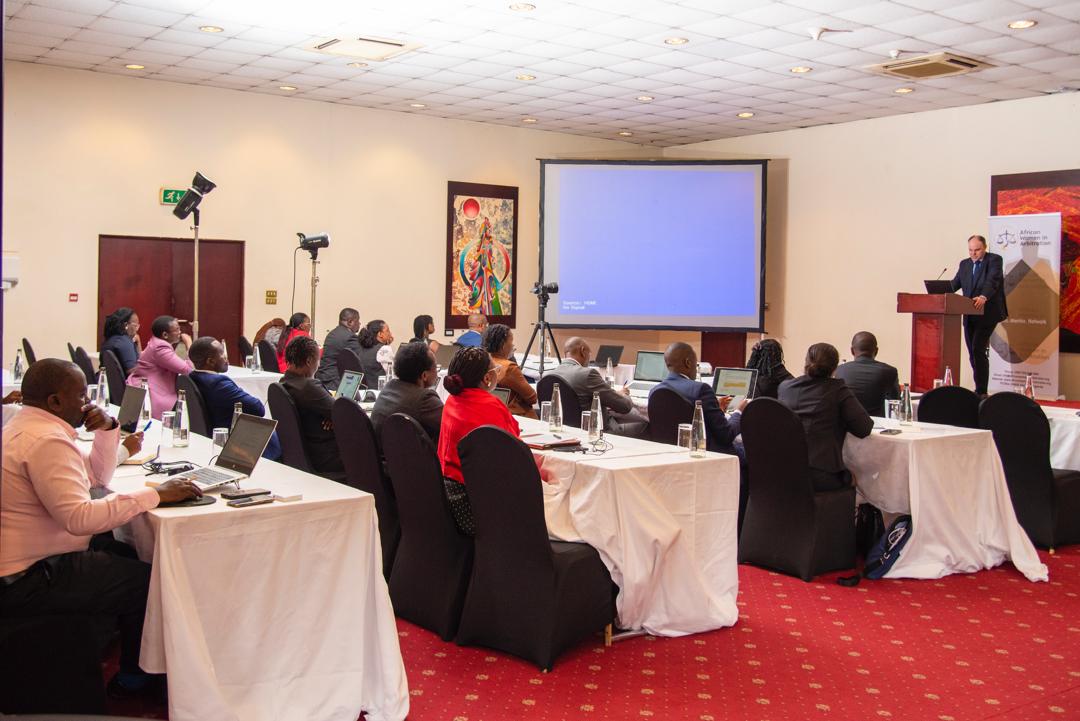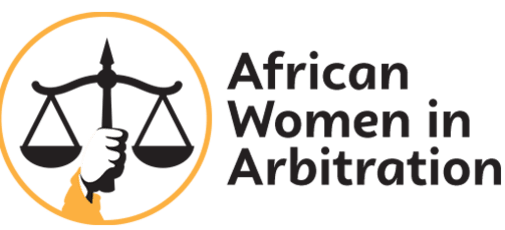Join a Network of Women in Dispute Resolution
African Women in Arbitration (AWA) was established in 2003, AWA is a traiblazing organisation dedicated to tackling the underrepresentation of African women in arbitration and ADR..
Get Starteddo you need an ADR specialist?
African Women in arbitration offers a powerful search feature that helps you connect with practitioners of diverse backgrounds, experiences, and specialties.
find a professionalAre you a Female ADR Practitioner?
Highlight your expertise and impact in alternative dispute resolution, gaining visibility and acknowledgment across roles, regions, and generations.
Join us Nownetworking events
Organize regular networking events, including conferences, seminars, workshops, and social events, to bring together women working in arbitration and related fields,
training & education
Provide training and educational opportunities, including webinars, online courses, and in–person workshops, to help women develop the skills and knowledge they need to succeed in arbitration,
mentorship programs
Establish mentorship programs to provide guidance and support for women who are new to the field of arbitration or who are seeking to advance their careers,

Our activities
African Women in Arbitration conducts various activities, including networking events, mentorship programs, training, advocacy, research, and partnerships, to promote gender diversity and inclusivity while providing support and recognition for women in the arbitration field.
Read MoreOur partners




